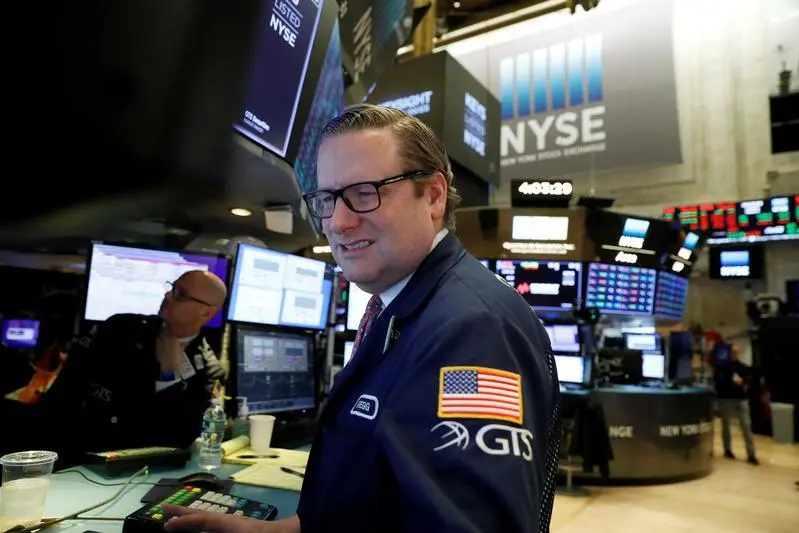PHOTO
NEW YORK - Defining an era isn’t always a good thing. Jack Welch – the flamboyant chief executive of General Electric from 1981 to 2001 – died on Monday at the age of 84. He helped forge the twin cults of the American CEO and shareholder value. But his methods also led to GE’s later sorry state. His ultimate legacy may be a rethinking of the myths he helped create.
On its face, Welch’s career at GE looks beyond impressive. The total return on the company’s shares, including reinvested dividends, was roughly 4,800% under his leadership compared to around a 1,400% return on the S&P 500 Total Return Index, according to Datastream. And while the firm raked in about $26.8 billion in revenue the year before he took over, it was pulling in almost $130 billion the year before he left. It’s understandable that Fortune christened him “the manager of the century” in 1999.
Boardrooms across the United States were persuaded of the importance of the occupant of the corner office, too. The typical CEO of a large U.S. company was paid 20-30 times as much as the typical employee in the 1970s, according to a report last summer from the Economic Policy Institute. By 2000, that multiple was above 300 times, and after a postcrisis dip it’s nearing that level again, the EPI reckons.
But Welch’s short-term focus also started the rot at GE. His ruthless cutting of underperforming employees and divisions – which earned him the nickname “Neutron Jack” – may have boosted short-term margins, but these were partly phantom gains. And while Welch’s big bets on finance paid off during the boom years, they proved disastrous for his chosen successor Jeff Immelt as the financial crisis unfolded in 2008-09. They have now been largely unwound.
Neither all the praise nor all the blame can be laid at Welch’s feet, however. The primacy of both CEOs and shareholder value owed much to investors and others in the industry, as well as regulatory changes. Neither GE’s directors nor its shareholders pushed back on Welch’s enormous acquisitions in industries – like finance – where GE didn’t have much of an edge. And Welch can’t be blamed for Immelt’s failings or external events like the financial crisis or the shift to clean energy, which current GE chief Larry Culp is attempting to manage.
But that may be the most important point. Partly thanks to Welch, CEOs are paid as if they can foresee everything without help. Perhaps shareholders are learning that sustained performance takes more nuance – and a village.
CONTEXT NEWS
- Jack Welch, who led General Electric during the 1980s and 1990s as it became the most valuable public company in the United States, has died aged 84, the conglomerate said on March 2.
- Welch - known as "Neutron Jack" for cutting thousands of jobs - bought and sold scores of businesses, expanding the industrial giant into financial services and consulting.
- After leaving GE in 2001, Welch was active in consulting, speaking and educational roles, including the Jack Welch Management Institute at Strayer University, a private, for-profit U.S. university.
(Editing by Richard Beales and Amanda Gomez)
© Reuters News 2020




















